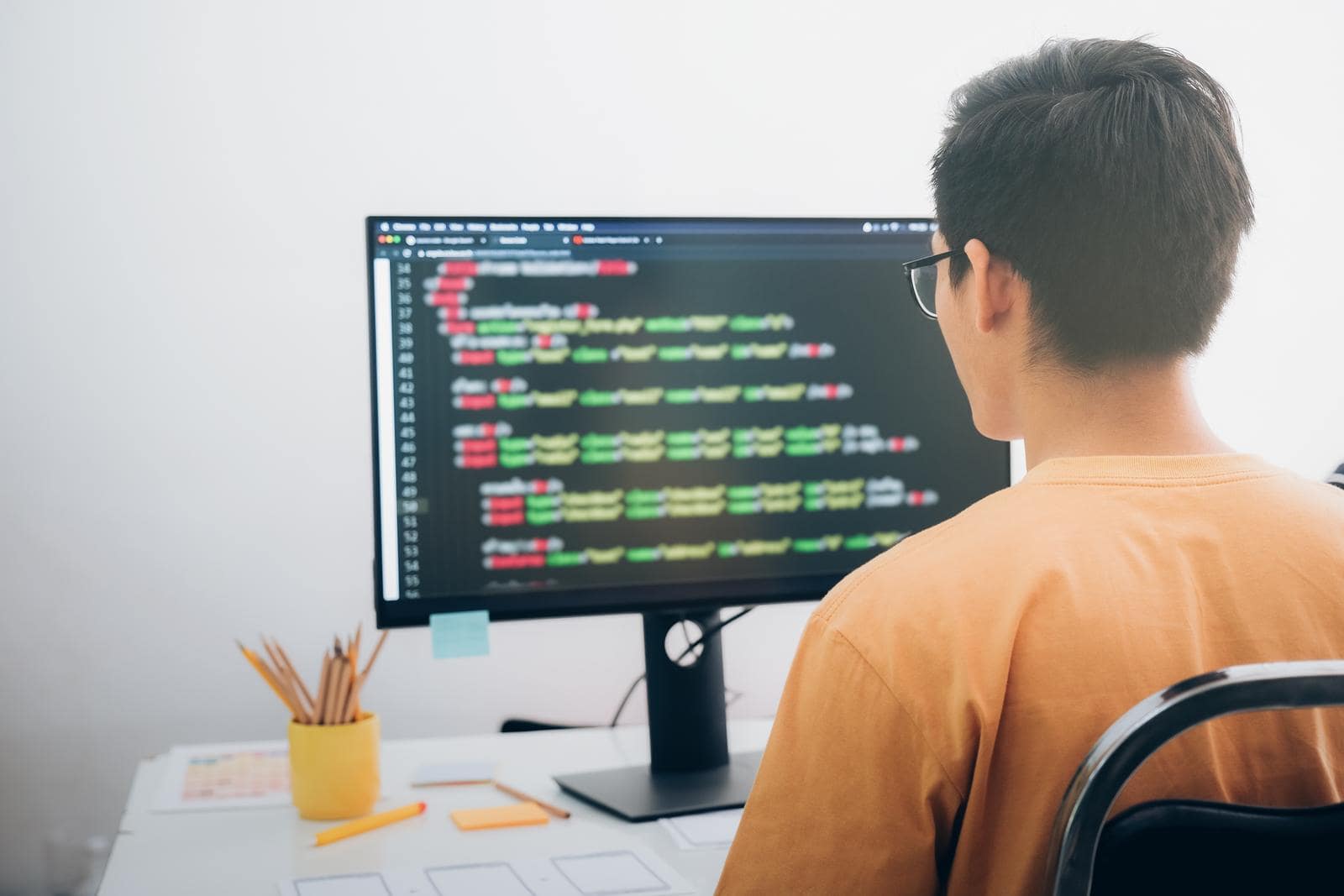A Guide to Becoming a Full Stack Developer

How to become a full stack developer?
To become a full stack developer, you need to know how to develop a website on the front end, as well as the back end. You need to know how to make a website so that it looks good, but also works well and is easy for people to use.
Because of this, web developers are in high demand and can get paid very well. There are many companies out there looking to hire web developers for them to build their website. I was researching a way to create a passive income stream, and I found the book “8 hours a day” by that guy who came #1 on this list. The concept is amazing, and I think it would work for a lot of people if they have a side hustle or already make money online. I think at first it would be super expensive to buy one, but over time if you do it every day you could expect it to add up, like another job. If you love to travel and find yourself randomly searching for airfare sales or browsing Lonely Planet, why not carve out a niche for yourself as a private travel agent? My friend, Mark Jackson did just that, making extra money online with his travel consulting side business. Start with word of mouth recommendations from friends who know they can count on you for the cheapest flights, and then move on and create a Facebook or LinkedIn group to invite people who want to stay on top of the latest deals. Eventually you could spin this into a full-time consultancy teaching people how to make their dream trip a reality.
The advantages of becoming a full stack developer
- Conversely, there is also an entire section dedicated to the differences between front-end development and back-end development. If you’re interested in learning more about the full-stack development world, this is a great resource to bookmark and return to often! This is a post by Arabinda, a developer at Interstellar who was also kind enough to write up a little bit about his time as a freelancer. This post includes his thoughts on the pros and cons of freelancing, as well as his advice to any developers who are thinking about freelance work.
- Freedom and Control It’s one thing to be a slave to the corporate system that most of us live under, but it’s another entirely to be free and independent and have no boss. This is why freelancing appeals to me so much. I am not tied down to the 10-7 schedule; I can choose when I work and how much I want to charge.
- Flexibility Freelancing gives you more flexibility than many jobs out there.
What are different full stack developer roles?
As the number of candidates looking for entry-level or junior full-stack web developers increases, we’ve seen more and more opportunities in our company for those who are skilled in other areas such as software design, front end development, marketing, content, and so forth. We cover this topic here.
So what does a full stack developer actually do? There are many roles within the full stack development category, and it’s not uncommon to find candidates looking for the following different positions:
UI/UX developer (developer focused on creating and enhancing the user interface of the product)
(developer focused on creating and enhancing the user interface of the product) Developer (developer that works on the back-end of the product or application. They create features and logic that are needed to run the software or website)
(developer that works on the back-end of the product or application. They create features and logic that are needed to run the software or website) Software engineer (developer who writes code for the back-end of the product or application.
How can we learn to code?
Learn to code is very easy. You just need to find a good course on CodeAcademy.com.
I have a lot of people ask me this question over the years. As someone who loves to code, I thought I’d share some tips and tricks I’ve learned over the years about learning to code.
We’ve got loads of free resources for beginners and experts alike, from guides to tutorials and interactive learning courses.
There are many people out there who want to learn how to code but do not know where to start. With our blog, you can read articles that teach you the basics of coding.
What is programming language?
A programming language is a formal system for expressing algorithms and their implementation in a machine-independent form. They are used to define the language of computers in order to communicate with them. Programming languages include procedural languages, object-oriented languages, functional languages, and logic languages, as well as others.
Different programming languages
If you’re new to coding, you may be wondering what are the different programming languages and which one is best for you.
The best programming language depends on your programming skills, the type of programming that you want to do, or the environment that you work in. In general, there are several different types of programming languages which make it hard to decide which one is the best. Procedural programming languages (like C) Object-oriented programming languages (like Java) Functional programming languages (like Haskell) Logic programming languages (like Prolog) Compiled language Static language There are many other programming languages.
How to become a better coder?
On this blog, you’ll learn how to improve your coding skills as well as get tips from other developers on how to get your code reviewed and to get feedback on how to improve your coding skills.